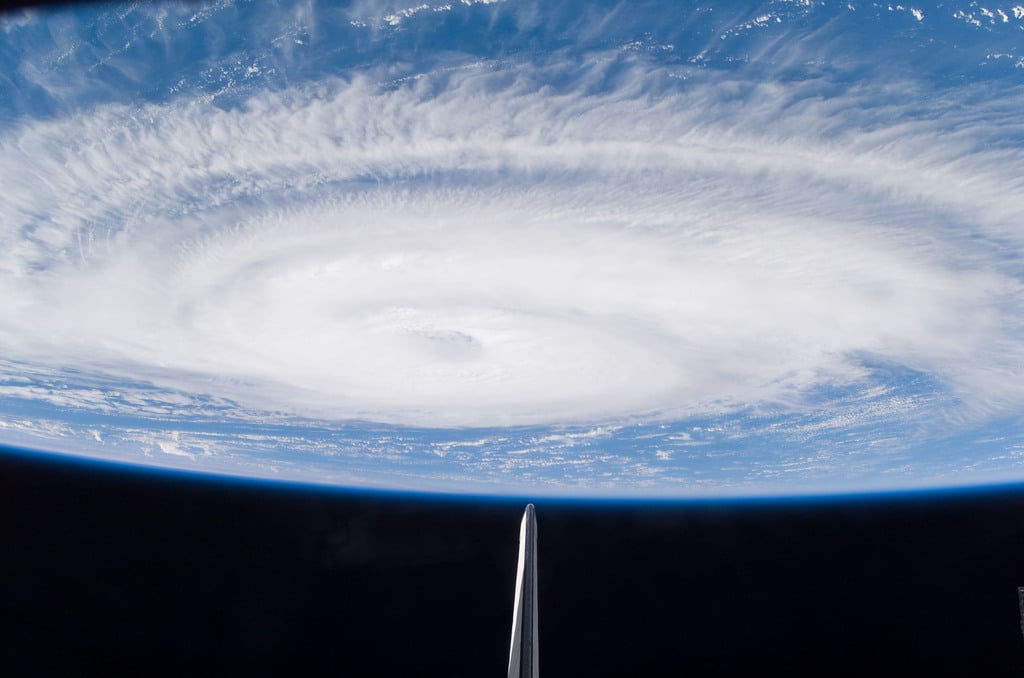Elon Musk’s gaggle of internet satellites is currently providing connectivity to areas affected by Hurricane Helene. This is what the tech tycoon had always envisioned for Starlink.
You can argue whether Elon Musk’s Starlink project is borne of altruism or primarily of self-gain, but there’s no denying the project’s original MO is now being achieved.
Hurricane Helene finally subsided after six long days, but the category 4 weather event has left a trail of major destruction in its wake.
The current death toll is estimated at roughly 200, hundreds more remain missing, and large parts of Florida, North and South Carolina, Georgia, Tennessee, and Virginia have been decimated.
Homes, communities, and businesses remain paralysed due to ongoing storms, landslides, and floods, and any semblance of recovery is entirely dependent on government aid.
Before these regions can look to rebuild, however, the absolute priority is to find as many missing citizens as possible – a task made all the more arduous by connectivity infrastructure like cell towers and fibreoptic networks being wiped out.
To alleviate some widescale blackouts in North Carolina, where 74% of cell towers were offline on Sunday, the Federal Communications Commission has temporarily green lit Starlink to open direct-to-cell capacity.
This means emergency services and citizens can bypass ground infrastructure and tap into reliable satellite internet at no cost.
Some 40 satellites have been deployed with each unit bolstering one of the state’s Emergency Operations Centres, and Musk has reportedly sent as many Starlink receivers ‘as possible’ to bring large areas back online.
This isn’t the first instance in which Starlink has been utilised as a means of connectivity relief. Hurricane Maria in 2017 and the Texas winter storm of February 2021 both received assistance from the SpaceX company.
Hurricane Helene, however, represents the most significant efforts to date in terms of distribution and impact.
I have enabled FREE STARLINK for all communities affected by Hurricane Helene!
I know I will be accused of being political, but I am just trying to help. pic.twitter.com/tsekIV0sGI
— Not Elon Musk (@iamnot_elon) October 2, 2024
Despite the company’s seemingly good intentions, the help isn’t entirely well received from all angles. Starlink has always been billed as an important resource for disaster relief and bringing remote regions online, but there are concerns from rival companies that there’s an underlying insidious agenda.
AT&T and Verizon have previously complained that Starlink’s satellites will interfere with their cellular networks, several rival low-orbit internet companies are vying to compete, and critics express concern about Musk’s disproportionate influence on global communications tech.
The privatisation of public services is a legitimate worry, as accountability and transparency can start to become a little blurry. But there’s little evidence to suggest that Musk and Starlink are after anything more than a slice of positive PR.
So long as lives and livelihoods are being saved, we’ll gladly give the benefit of the doubt and overlook any niggly suspicions.

















